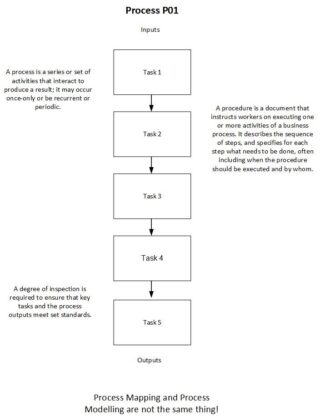 About the session
About the session
A recent Health Service Journal (HSJ) article, Time for our ICSs to embrace continuous improvement, warned that:
“For too many people, Continuous Quality Improvement…is something that clinicians do through small-scale, discrete, tactical projects, delivering minor, highly localised improvements to how they deliver patient care.
“That’s no bad thing – but nor is it seen as fundamental to how a CEO runs their health and care system. That’s why this traditional form of CQI rarely delivers sustainable long-term outcomes or further improvements – because it’s not embedded into the fabric of how a system operates.”
The documenting of healthcare processes is a key part of such an effective continuous quality improvement system. But currently very few healthcare processes are documented – which greatly hampers effective improvement, risk assessment and safety reviews.
And too often Standard Operating Procedures (SOPs) are relied on, but they are not process specific which makes them difficult to apply.
Dr Tom Rose shared examples of NHS Standard Process documentation, from the National safety standards for invasive procedures, Getting It Right First Time, and the World Health Organisation’s High 5s project.
Tom also shared how to effectively identify the individual processes relevant to a single work team or area, such as a ward, GP practice reception or patient pathway.
He showed how front line staff can dictate the design of these processes (i.e. visual representations of Work-as-Done), supported by an experienced facilitator or designer who is responsible for producing the documentation.
This is an iterative process that has been designed not to take up too much of front-line staff’s time.
This event was organised by the Q Community’s Process Visualisation in the NHS and Quality Management in Healthcare Special Interest Groups.
Dr Tom Rose is a Research Fellow at the Institute of Applied Health Research, University of Birmingham.